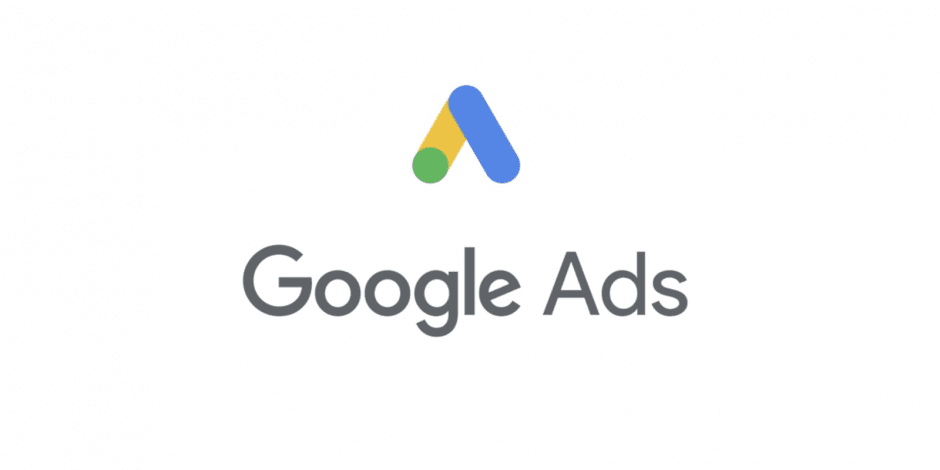Amazon is gunning for Google. A recently published report by Forrester says that Amazon Advertising will have a break-out year in 2020, leveraging its popularity as a search platform to make its booming online advertising business an even bigger threat to Google than it is. Currently, Amazon is the third-largest online advertising platform – still far behind Google and Facebook in terms of market share, but rapidly growing.
But Google has many cards to play, and strengthening its advertising services at the local level is a big one.
Location-Based Digital Advertising Is Big Business
Location-based digital advertising is big business, as brick-and-mortar establishments capitalize on increasingly prolific tools such as search and display to attract customers. As well they should: in 2018, Google reported that the number of “near me” searches on Google has risen by 500 percent over a period of two years, meaning an explosion of searches for people seeking things to do, places to go, and purchases to make near their location. Google has seen an opportunity to monetize that kind of search behavior and acted on it.
How Google Is Developing Location-Based Advertising Tools
Here are some examples of Google products for businesses to use in order to attract those near me searches to their locations:
- Local search ads. These are bread-and-butter tools that boost a brand’s presence via paid search results on Google.com and Google Maps. The advantage here is that a business can maximize its presence on two dominant platforms. Google is the world’s most popular site – by far. Google Maps dwarfs all other map apps. By making it possible for local advertisers to link their search ads on both Google.com and Google Maps, Google gives these businesses access to a powerful ecosystem. (Read more about local search ads here.)
- Promoted Pins. Google is barely scratching the surface for using Google Maps as an advertising platform. I mentioned local search ads on Google Maps above. But that’s not the only way to advertise there. Businesses can also use tools such as Promoted Pins, which are visually appealing markers that make a business’s location stand out. Earlier in 2019, Bloomberg discussed how Google is evolving Google Maps with more advertising tools. Especially as more cars integrate mapping technology, Google is going to place even more advertising emphasis here.
- Location extensions.These make it possible for a business to show an address, phone number, and a map marker along with its ad text. There are two types of these extensions: Google Ads location extensions help people find a location by showing ads with address, a map to a location, or the distance to a business. And Affiliate location extensions help people find nearby stores of a retail chain that sell your products. Per Google, the Affiliate location extensions tool is useful if you sell your products through retail chains and want to reach consumers when they are deciding what and where to buy.
- Google My Business. Google My Business (GMB) is the central repository for a company’s locations. Technically being on GMB is an organic play, and your GMB listing is crucial. It’s really like a second website. When businesses claim a GMB listing for a location, they can enrich it with location information, deep content describing their business, visual information, customer Q&As, and reviews. GMB is actually the most important local ranking signal on Google. But note the tie-in to advertising. Google allows a business to link its GMB to its online advertising via the location extensions I mentioned above. Doing so makes a business’s GMB an even more powerful tool to attract customers.
- Local Services by Google. Google launched this offering to help businesses such as plumbers and contractors that provide services at a customer’s location. Businesses that participate in the program have their ads appear above search results (even paid search results). The compensation model is pay per lead, meaning that the advertiser pay only for leads resulting from the ad as opposed to clicks. Local Services ads complement paid search.
These and other location-based advertising tools will give Google a strong base to fight Amazon in 2020. Google has an already vibrant advertising business. Google didn’t become the leading online platform by sitting still. About half of all Google searches stay on Google properties, meaning people searching for things find what they need from search results without clicking through to a website. In 2020, look for Google to further monetize this ecosystem through local advertising.
Contact True Interactive
To learn more about how you can succeed with online advertising, including on Google, contact True Interactive.
